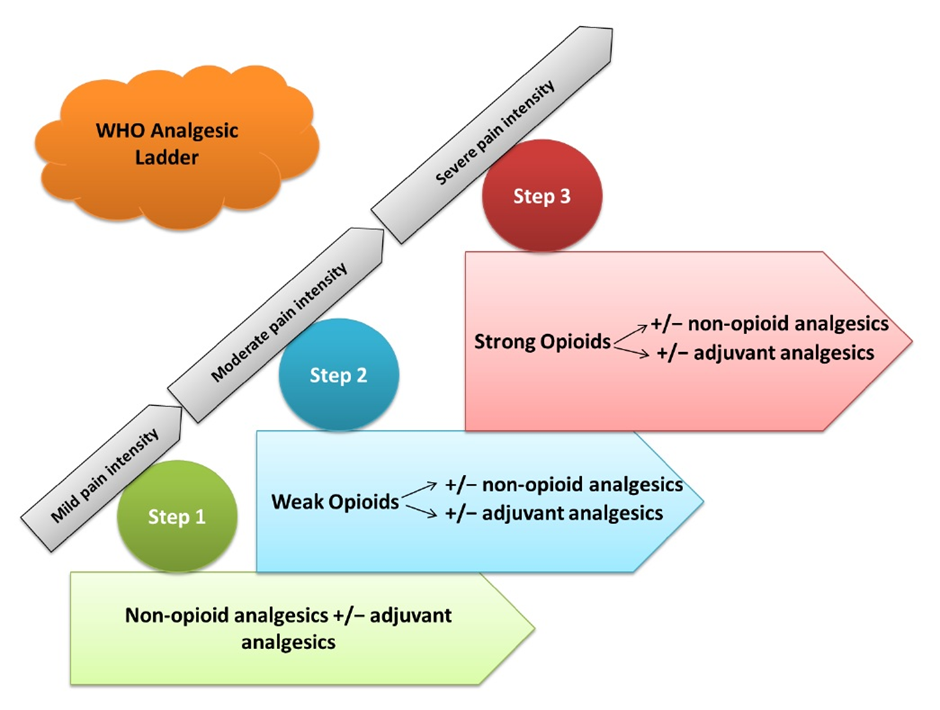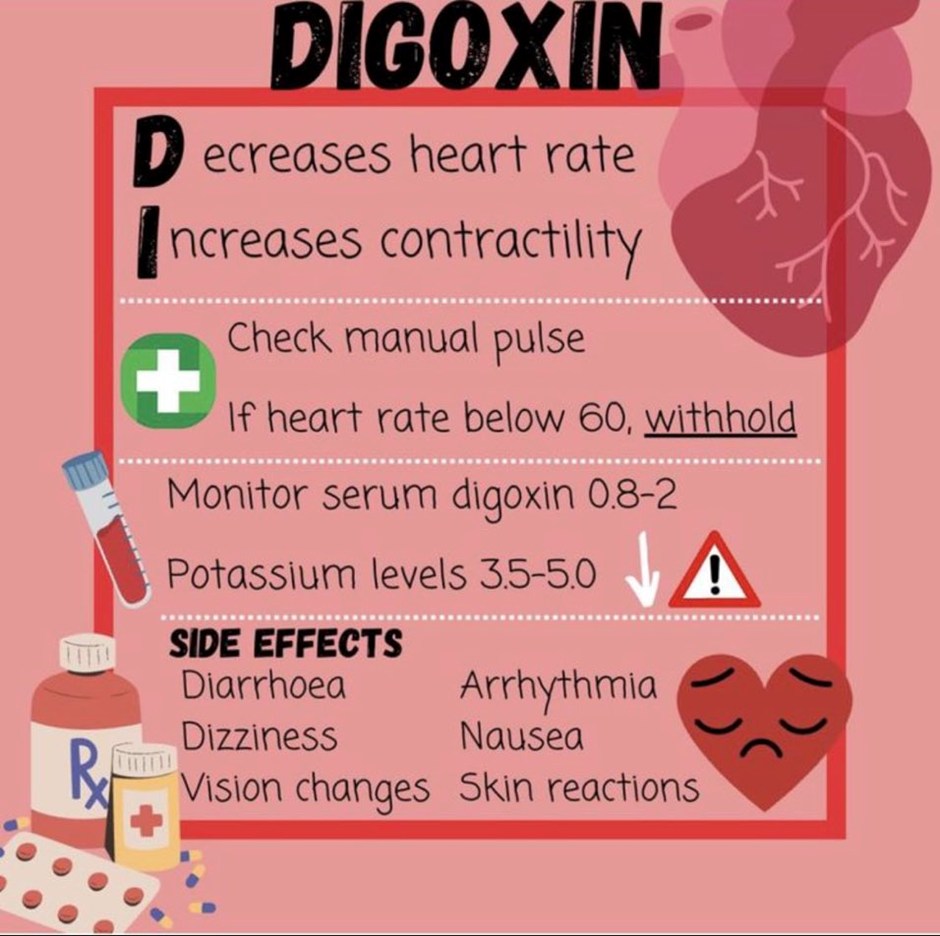A nurse is caring for a client who has pancreatic cancer and reports severe pain. Which of the following medications should the nurse expect to administer?
Meloxicam
Aspirin
Hydromorphone
Caldofor
The Correct Answer is C
Choice A Reason:
Meloxicam is incorrect. Meloxicam is a nonsteroidal anti-inflammatory drug (NSAID) used primarily for managing mild to moderate pain and inflammation. While it can provide relief for mild pain, it may not be potent enough to effectively manage severe pain, especially in cases of advanced cancer-related pain, where stronger analgesics are often necessary.
Choice B Reason:
Aspirin is incorrect. Aspirin, like meloxicam, is an NSAID used for mild to moderate pain relief and has anti-inflammatory properties. While it can be effective for certain types of pain, it's generally not the first choice for severe pain management, particularly in cases of advanced cancer-related pain where stronger opioids are typically required for adequate relief.
Choice C Reason:
Hydromorphone is correct. Hydromorphone is a potent opioid analgesic used to manage severe pain, especially in cancer-related pain or post-operative settings. In cases of severe pain, opioids like hydromorphone are commonly utilized due to their effectiveness in providing relief.
Choice D Reason:
Caldofor is incorrect. The term "Caldofor" does not appear to correspond to any recognized medication commonly used for pain relief. It's possible that this might be a misspelling or an unfamiliar or less common drug name. Without a specific drug identification, it's challenging to assess its suitability or effectiveness for managing severe pain associated with pancreatic cancer.

Nursing Test Bank
Naxlex Comprehensive Predictor Exams
Related Questions
Correct Answer is C
Explanation
Choice A Reason:
"Limit your sodium intake." Is incorrect. Sodium restriction might be appropriate for some cardiovascular or renal conditions, but it is not specifically related to theophylline use.
Choice B Reason:
"Restrict milk products." is incorrect. Restricting milk products is not a necessary dietary consideration for theophylline. However, consuming high-fat dairy products may delay the absorption of theophylline, potentially affecting its effectiveness.
Choice C Reason:
"Avoid caffeinated beverages." Is correct. Theophylline is a bronchodilator used to treat respiratory conditions like asthma or chronic obstructive pulmonary disease (COPD). It belongs to the class of methylxanthine medications and acts similarly to caffeine. Consuming additional caffeine through beverages like coffee, tea, or certain sodas can increase the risk of adverse effects associated with theophylline, such as increased heart rate or nervousness. Hence, avoiding caffeinated beverages is advisable to minimize the risk of exacerbating these effects.
Choice D Reason:
"Take the medication with meals." Taking theophylline with or without meals is typically acceptable, but it's essential to maintain consistency in timing and avoid significant changes in dietary habits that might affect its absorption or metabolism.
Correct Answer is C
Explanation
Choice A Reason:
Weight gain of 0.7 kg (1.5 lb) in 24 hours is not recommendable. While sudden weight gain can indicate fluid retention, it is not a direct contraindication for administering digoxin. However, it might indicate worsening heart failure, which needs attention, but it doesn't specifically necessitate withholding digoxin.
Choice B Reason:
Urinary output 30 mL/hr is not recommendable. A low urinary output might indicate decreased kidney perfusion or renal issues. While monitoring urinary output is important, it is not a direct reason to withhold digoxin unless it's coupled with severe renal impairment or an acute kidney injury.
For a client receiving digoxin, certain findings would warrant withholding the medication due to potential complications. Among the options provided:
Choice C Reason:
Pulse rate 56/min is the correct recommendation. A low pulse rate (bradycardia), especially below 60 beats per minute, is a reason to withhold digoxin. Digoxin can further decrease the heart rate, potentially leading to excessive bradycardia or heart block. The nurse should hold the medication and consult with the healthcare provider to determine the appropriate action.
Choice D Reason:
BP 160/90 mm Hg is not recommendable. Elevated blood pressure alone is not a direct contraindication for administering digoxin to a patient with heart failure. Digoxin is not primarily used for controlling blood pressure; its use is more focused on managing heart rate and contractility in heart failure patients.

Whether you are a student looking to ace your exams or a practicing nurse seeking to enhance your expertise , our nursing education contents will empower you with the confidence and competence to make a difference in the lives of patients and become a respected leader in the healthcare field.
Visit Naxlex, invest in your future and unlock endless possibilities with our unparalleled nursing education contents today
Report Wrong Answer on the Current Question
Do you disagree with the answer? If yes, what is your expected answer? Explain.
Kindly be descriptive with the issue you are facing.
